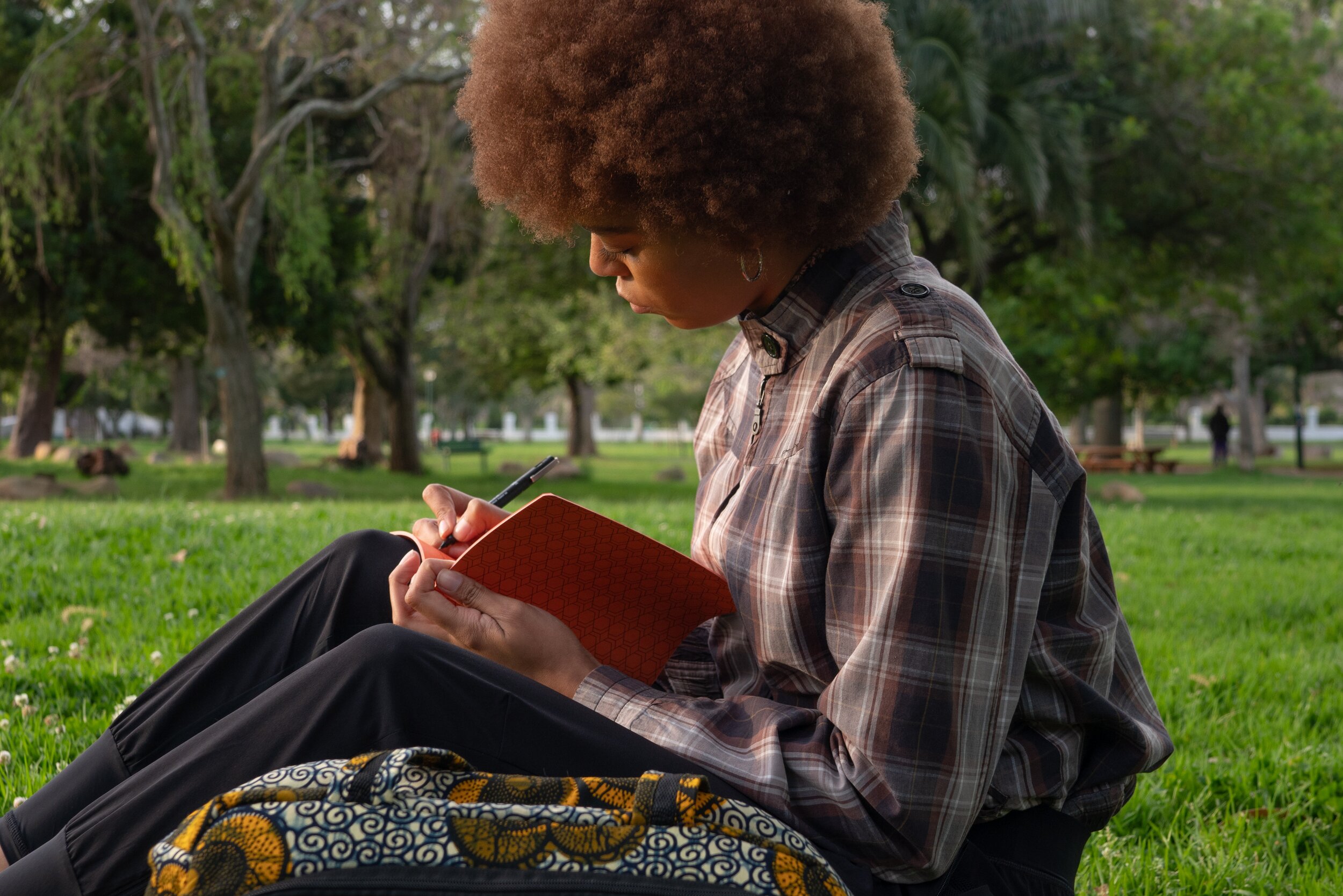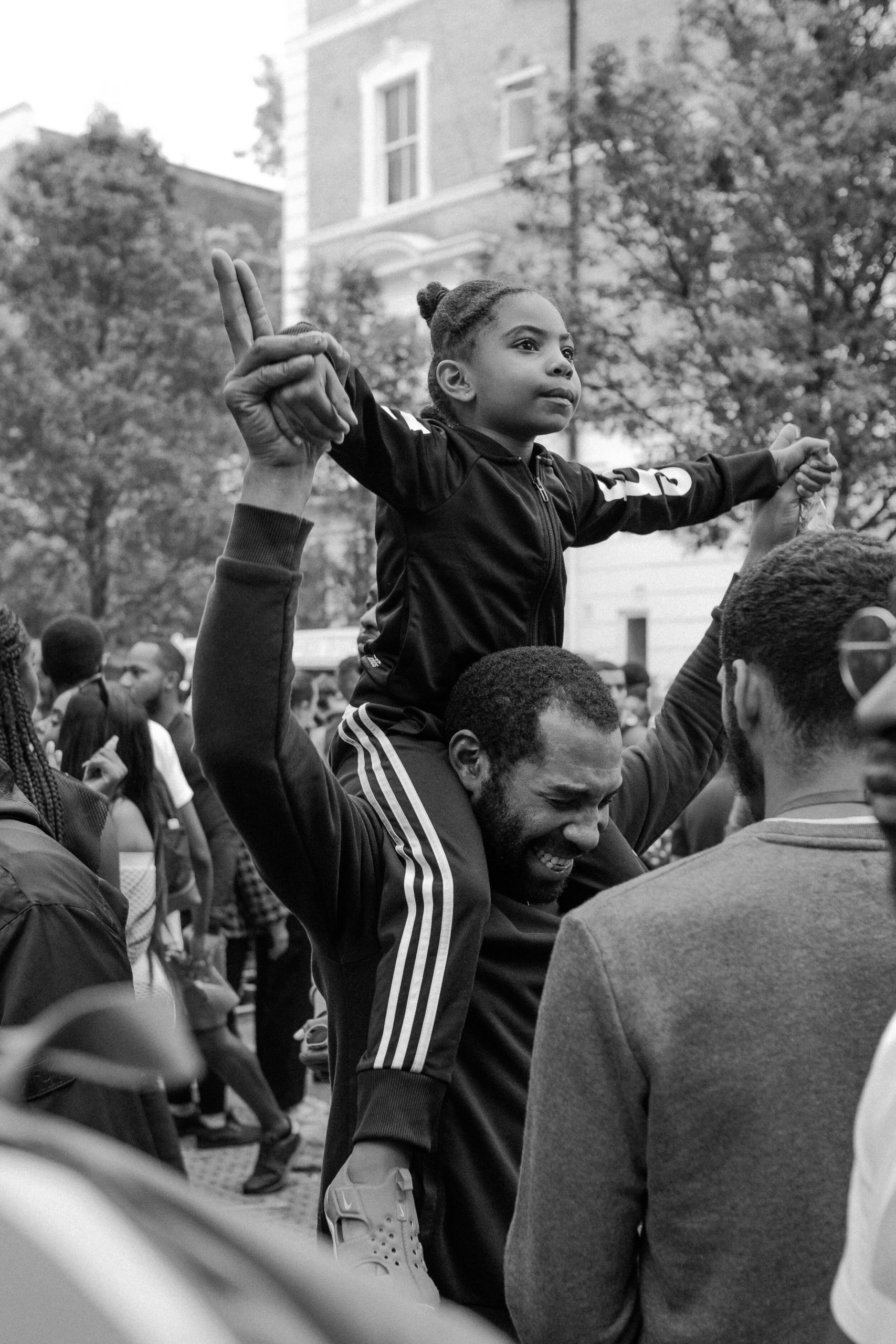
Something radical happens when you choose to become your own best friend. We all have insecurities or things we don’t like about ourselves, it’s a part of the human condition. Have you ever noticed how you talk to a friend when they’re struggling? Usually when it comes to other people, especially the people we love, compassion for suffering feels natural. Why is it that when we speak to ourselves we often lose that gentleness, understanding, and compassion?
With inspiration from Dr. Kristin Neff, we created a 4 part series on cultivating self-compassion through writing. Today we’re sharing a 3 step practice on how to be a friend to yourself through letter writing. Grab a pen and paper and follow along!

We are BIG fans of journaling! That’s because it’s is one of the greatest tools in therapy. Journaling helps us learn about our own thought patterns, gain self-awareness and has been found to enhance both mental and physical wellbeing. Daily journaling can allow us to strengthen our self-compassion and help us translate that more easily into our daily life. For the first part in our 5 part cultivating self-compassion series, we’re offering the exercise of daily journaling.
We created 5 writing prompts to help you exercise and cultivate self-compassion. All that you need is a pen and paper to get started.

Building your life can be confusing, and so many of us in our twenties and thirties are really feeling it. Whether we find ourselves working a job that we didn’t expect, having to move back in with our parents, ending a long-term relationship or reexamining what our “purpose” is all together, we have to remember that being unsure about the future is a rite of passage. When we find ourselves in this space of unsureness and restlessness, it can seem like everyone is thriving in careers and lives that they wanted, and can leave us feeling more inadequate, and more confused about what to do with our lives. These negative feelings can be so hard to shake, but they won’t last forever.
We came up with a few tips to help you move out of this experience, and into fulfillment, joy, and satisfaction. because while a quarter life crisis can signal the beginning of a difficult period, it can also be the start to constructive change and help you take back control of you life.
If you feel like you aren’t anywhere near the classic ‘milestones’ of where your life “should” be (e.g., owning a home, a car, working the perfect job, etc.), this is for you.

We say yes a lot, and if you’re anything like us you might have a habit of saying it when you don’t always mean it. We do this for so many reasons – we don’t want to say no in fear that we won’t be asked to hang out again, we might fear disappointing someone by not agreeing to help, or we might worry about being perceived as lazy or unproductive. Whatever the reason is, by justifying why we constantly need to satisfy others, we in turn our betraying our own self-respect. The thing is, your time is never less worthy than someone else’s. Once we reconnect with our awareness and see how truly valuable our time, space and energy are, we can be better equipped to know where to set our boundaries and how to honor them; and sometimes that means saying “No.”

What do we do when it seems our friends are too busy for us? First, try not to jump to conclusions; chances are they aren’t avoiding you on purpose. Second, don’t be too hard on your busy friends, we don’t always know what’s on someone’s plate, even our closest friends. Here are a few things to keep in mind and options to try when it seems like your friend is too busy for you.

The past few weeks have been emotional. It’s June 2020 and communities across the United States and all over the world, are coming together to stand and fight for change. It’s been both heartbreaking and inspiring. And as we confront systemic and institutionalized white supremacy, and work to eliminate and counteract racism, we must not forget about taking care of ourselves. Remember, the fight doesn’t stop. Our collective strength will continue, and our voices will be heard.
It’s okay to take a moment to recollect ourselves, because by neglecting self-care we run the risk of burnout and exhaustion. Self-care is essential to maintain our energy and motivation, because the fight doesn’t stop.

We hear your pain. We are listening to cries that are centuries old, and we stand with you.
People whose roots originate in trauma, whether that be a history of war, famine, genocide, or slavery, will often experience intergenerational trauma. This trauma is not new. It has lived in bodies from generation to generation, and right now, Black people are experiencing a collective re-traumatization, so we ask ourselves, what can we do?

Self-acceptance is the act or state of complete acceptance of oneself with the awareness and understanding of one’s own capabilities and limitations. Self-acceptance means embracing not only the “good” or positive parts of ourselves, but embracing the uglier, scarier, more vulnerable parts too.
Learning to truly accept ourselves helps us to develop an understanding that we are separate from our actions. Your mistakes are mistakes, but not a direct representation of who you are, and they absolutely do not define you. Self-acceptance is an important tool in creating an authentic life, strengthening our relationship with ourselves, and ultimately living a more fulfilling life.

For updated lists and links of where to donate, petitions to sign, and other antiracist calls to action
This list was compiled with love and solidarity in honor of George Floyd, Breanna Taylor, Ahmaud Arbery and the countless other Black lives taken due to police brutality and all other acts of violent racism.
